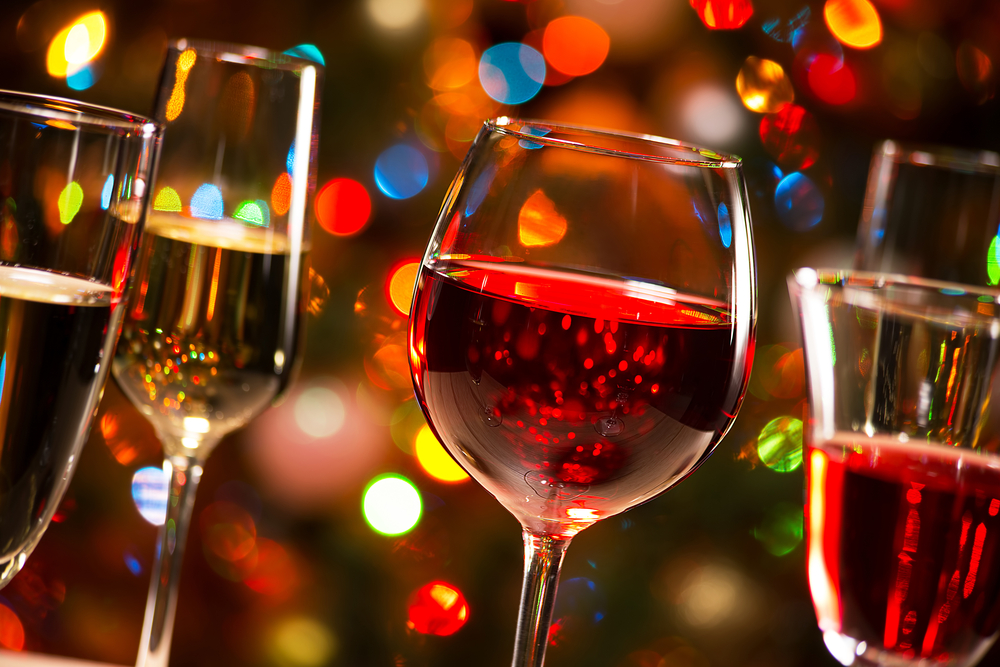 Cheers to the pre-Christmas news that modest alcohol intake appears to have no effect on the probability of a migraine attack on the next day.
Cheers to the pre-Christmas news that modest alcohol intake appears to have no effect on the probability of a migraine attack on the next day.
A study, published in Headache [link here], also found there was a statistically significant decrease in the probability of a migraine attack 2 days after drinking alcohol compared to no alcohol.
The study comprised 487 adults with episodic migraine who consumed alcohol and tracked headache symptoms for 90 days or more with ≥75% adherence on the digital health platform N1-Headache.
Most participants were from the US (39%) or UK (35%), mean age was 42.5 years, 86% were female, and they reported a mean 6.1 migraine days per month and 3.7 migraine attacks per month.
Collectively the cohort contributed data over 43,830 diary days of which 9,578 were migraine days and 5,913 were the first days of a migraine attack.
Overall alcohol consumption was very low in the cohort – the average number of drinks per week was <1 in 27.1% of participants, 1 to <7 in 59.3%, and ≥7 in 13.6% – with men drinking more alcohol than women.
Alcohol was consumed more among people with lower migraine frequency, and consumption occurred more often during non-migraine days.
Beer was consumed at least once by most participants (63.9%), red wine by 52.6%, white wine by 73.5%, sparkling wine by 52.4%, and spirits by 76.0%.
The study found the effect of alcohol intake on migraine on day-1 was not significant (OR = 1.01, 95% CI = 0.91, –1.11; event rate 1163/4679, 24.9%), after adjusting for sex, age, and average number of alcoholic beverages per week.
As well, the probability of a migraine attack 2 days after alcohol intake was 25% lower compared to the probability of an attack 2 days after no alcohol consumption (odds ratio [OR] = 0.75, 95% CI = 0.68, 0.82; event rate 1006/4679, 21.5%).
“In the adjusted model, the higher the average number of alcoholic beverages the individual consumed per week during the study period, the lower was the probability of having a migraine attack (17% lower for those drinking 1 to <7 vs. <1, and 27% lower for those drinking ≥7 vs. <1 units),” it said.
The study, whose senior investigator was Dr Noah Rosen, Program Director of Neurology at Hofstra Northwell Health in the US, concluded that the role of alcohol as a migraine trigger might have been overestimated in the past.
“Our findings do not support recommending alcohol avoidance to all people with migraine,” the investigators said.
They said a related study, published last year [link here] using the same app, found same-day alcohol consumption was associated with increased risk of a migraine attack in less than 0.5% of drinkers.
A Guest Editorial [link here] in the journal, authored by Dr David García-Azorín from the Headache Unit at Spain’s Hospital Clínico Universitario de Valladolid, agreed that the study suggested the association between alcohol and migraine as a trigger may be more complex than anticipated.
“We all must drink responsibly, since the potential noxious effects of alcohol go beyond headache. However, moderate amounts of alcohol in patients with low frequency of migraine may not be as bad as we previously thought. Cheers to that!”